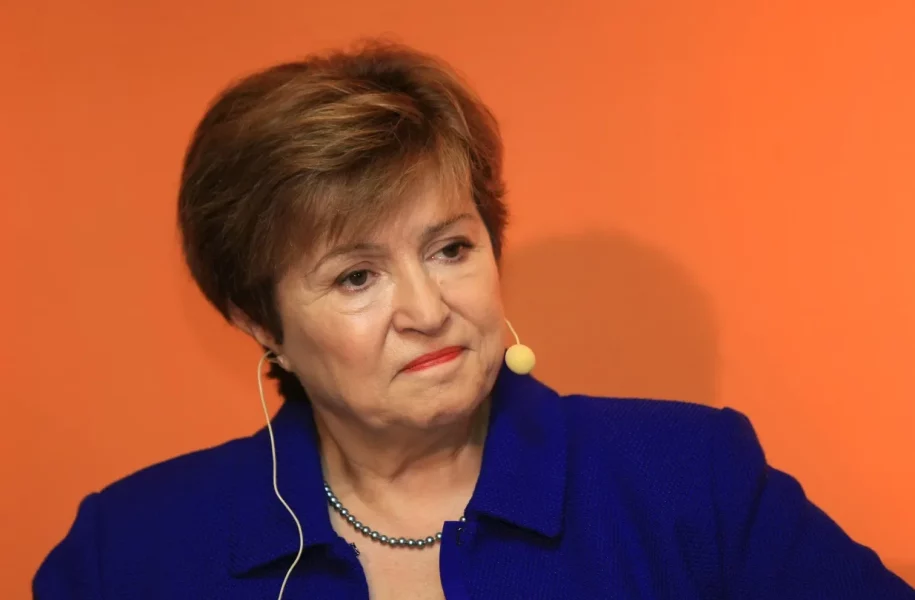IMF Sounds the Alarm on Banking Instability

Recently IMF Chief, Kristalina Georgieva, issued a warning of financial sector vulnerability in a Bloomberg interview.
In an interview with Bloomberg News at the Milken Institute Global Conference in California, Kristalina Georgieva, the head of the International Monetary Fund (IMF), expressed concern about the vulnerability of the financial sector due to the sudden acceleration of interest rates, which she said “exposed vulnerabilities in the financial sector.”
Concerns Over Instability in the Financial Sector
Georgieva urged industry leaders to anticipate and prepare for potential shocks, as a series of unforeseeable events, such as the pandemic, the war in Ukraine, and the rapid increase in interest rates after a prolonged period of stability have marked the last few years.
These comments come amidst US regulators’ efforts to stabilize the banking sector, which has been shaken by aggressive interest-rate hikes and increasing depositor withdrawals. First Republic Bank recently became the fourth regional lender to collapse since the turmoil began in March, with the Federal Deposit Insurance Corp. orchestrating its sale to JPMorgan Chase & Co.
Last month, the IMF warned that the banking system’s instability could negatively impact economic growth and that the financial markets are still delicate and tense.
The organization reduced its growth projection for this year to 2.8% and alerted about further potential risks as stresses in the financial sector, coupled with tighter monetary policy and Russia’s occupation of Ukraine, increased the pressure.
READ MORE: Currency Debasement Sparks Surge in Crypto and Tech Investments
Emerging-Market Debt Concerns and the Need for Debt Restructuring
Georgieva also discussed emerging-market debt concerns, stressing the importance of having a better mechanism for debt restructuring to avoid catastrophe in several nations.
Low-income countries, including Zambia, Ethiopia, and Ghana, face a collective debt burden of $326 billion, with more than half of them already in or near debt distress. However, disagreements between traditional creditors like the Paris Club and new players such as China, the biggest lender to developing economies, have hampered attempts to restructure the debt and rescue their economies from a crisis.
This lack of cooperation among creditors was prevalent at the IMF and World Bank Spring Meetings last month. Georgieva noted that China had relaxed its insistence that multilateral lenders like the World Bank accept haircuts or losses on their debt in line with all other creditors.
Nonetheless, she emphasized the need for greater transparency about Beijing’s lending practices. Georgieva reiterated the IMF’s caution that economic fragmentation and geopolitical tensions would impede global gross domestic product growth over the next five years.














